Protests outside an Epping hotel turned violent at the weekend after an injunction to block asylum seekers from being housed there was overturned on appeal.
Activists outside The Bell Hotel slammed the court’s reversal of a temporary order that would have suspended its use as asylum accommodation.
Essex Police have been stationed at the site since the Court of Appeal’s verdict on Friday, with officers arresting 31 people in connection with disorder outside the hotel to date.
Anticipating the post-ruling escalation, Epping Forest District Council (EFDC) leader Chris Whitbread cautioned against a return to the aggressive protests of mid-July, saying: “We don’t want to see violent scenes.”
Whitbread previously told GB News: “The reason I didn’t go to the protests was, in some cases, the people who were attending them.”
The anti-migrant movement has maintained a steady presence outside The Bell since 10 July, but most of the people attending the biweekly protests have been local residents, who are not motivated by extremist ideologies.
Instead, they are fuelled by the genuine belief that the site threatens their community, sparked by the 8 July arrest of Ethiopian asylum seeker and hotel resident Hadush Kebatu for allegedly sexually assaulting a 14-year-old girl.
Among them is Callum Barker, an Epping native and former member of the far-right nationalist group Homeland.
The party is described by campaign organisation HOPE Not Hate as the UK’s largest neo-Nazi group — a label Homeland rejects, branding itself as the voice of “sensible nationalism”.
Barker downplayed his far-right ties in an interview outside the hotel, presenting himself as a concerned local and citing his participation in a July litter pick.
“I’m not here to promote the party,” said Barker, prior to his resignation.
“I haven’t brought any signs, flyers, or placards.”
Addressing the media’s focus on his Homeland membership, Barker conceded that simply attending the protests could create misperceptions about their political and grassroots nature.
He stressed that most of the protests he attended had played out peacefully, concluding: “My presence here isn’t really any concern.
“I’m just a local with a megaphone.”
According to anti-fascist monitor Red Flare, Homeland seeks credibility as a political party by maintaining a clean public image, as well as pursuing a ‘ladder strategy’ — a tactic once employed by the BNP which requires members to build community ties and win council seats as a path to national influence.
Barker, once described by former colleagues as one of Homeland’s rising stars in community politics, is dubbed ‘the lion of Epping’ by his online supporters.
But, in an opinion piece for PoliticsHome, Epping Forest councillor Holly Whitbread said Barker’s image as a community champion is “carefully curated” to mask his far-right agenda.
Orla Minihane, Vice President of Epping Forest Reform, rejected any suggestion that local activism is influenced by political conspiracy, adding: “I have no idea who these [Homeland] people are.”
Later, she spent the evening dancing, organising, and sharing the megaphone with Barker, having now protested alongside each other for more than a month.
Barker’s exit from Homeland on 8 August came amid a wave of resignations for the party, after more than 60 members signed an open letter calling for the removal of party leader Kenny Smith.
It accused Smith of compromising party ideology to win over mainstream moderates.
In a post on X, Barker said: “The terms of the letter are unwavering, and I stand by every word of what I have signed.”
Barker’s activism has since spread beyond Epping and he now serves as Facebook admin for the Wethersfield protest group and attends demonstrations outside a Cheshunt hotel.
Under the mantra “We are ALL Epping”, other grassroots activists have followed suit outside Cheshunt’s Delta Marriott.
Essex Police warned on Facebook late Friday that a group of protesters from Cheshunt appeared to be heading to Epping to join the post-ruling unrest, noting that some were seen wearing facemasks and balaclavas.
Broxbourne Borough, which includes Cheshunt, was the first of many councils to announce that it intended to use Epping as a blueprint and was seeking legal advice about asylum accommodation.
Meanwhile, EFDC could still be granted an injunction following a full hearing of the legal claim, which is scheduled for October.
Councillor Ken Williamson said: “The battle is not over and we will continue the fight.”
As protests intensify across county lines, questions remain over whether the network of grassroots activists is driven by solidarity between angry communities or coordinated influence from far-right organisers.
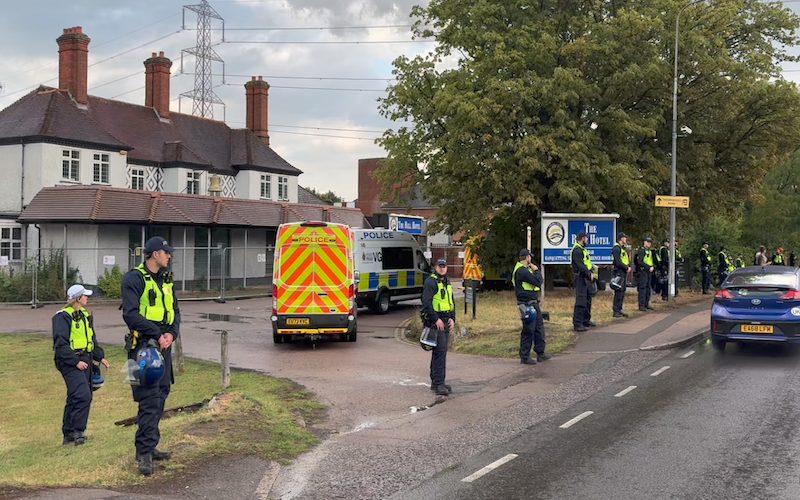
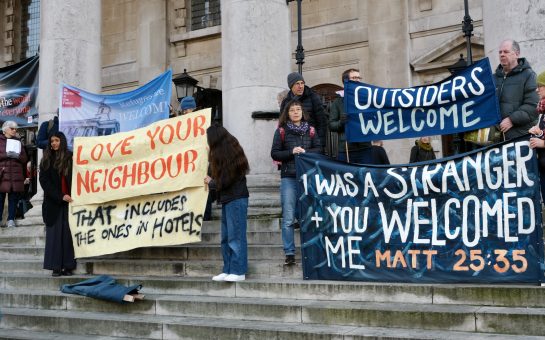
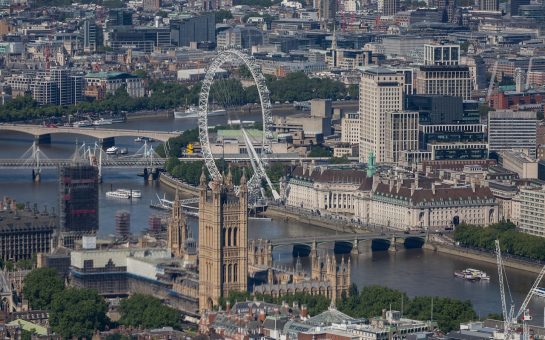
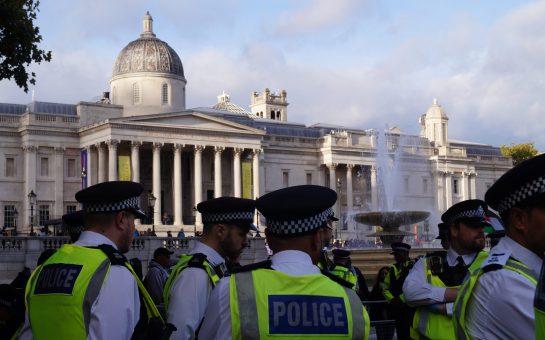
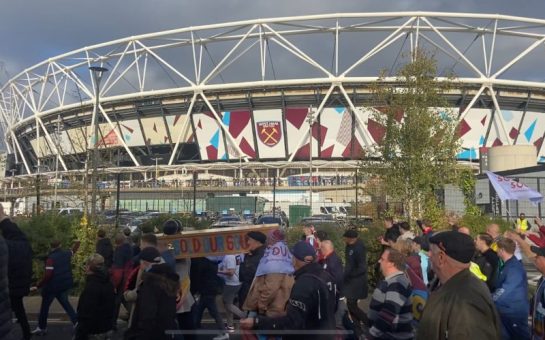
Join the discussion